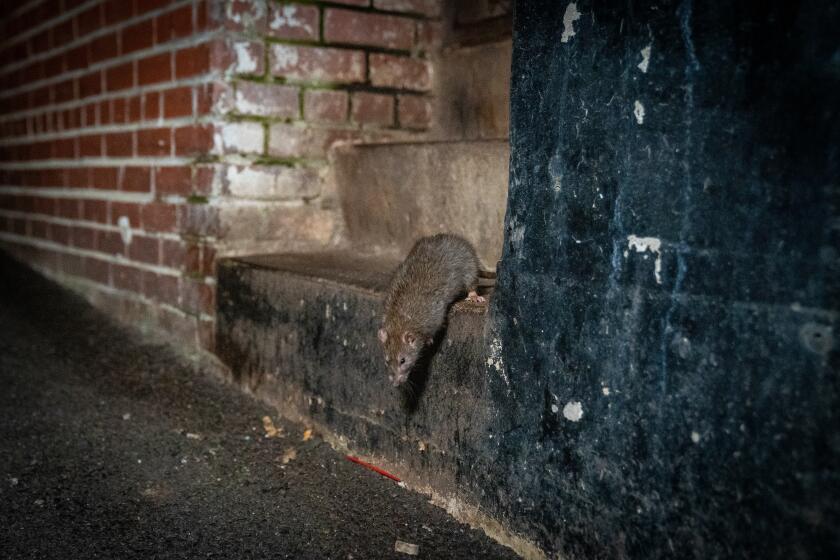Research Finds What Makes Popcorn Tick
- Share via
INDIANAPOLIS — Eat your way to the bottom of almost any bag of popcorn and there they are: the rock-hard, jaw-rattling unpopped kernels.
The nuisance kernels have kept many a dentist busy, but their days could be numbered: Scientists say they now know why some popcorn kernels resist popping into puffy white globes.
It’s long been known that popcorn kernels must have a precise moisture level in their starchy center -- about 15% -- to explode. But Purdue University researchers found the key to a kernel’s explosive success lies in the composition of its hull.
Unpopped kernels, it turns out, have leaky hulls that prevent the moisture pressure buildup needed for them to pop and lack the optimal hull structure that allows most kernels to explode.
“They’re sort of like little pressure vessels that explode when the pressure reaches a certain point,” said Bruce Hamaker, a Purdue professor of food chemistry. “But if too much moisture escapes, it loses its ability to pop and just sits there.”
The findings may help popcorn breeders select the best varieties -- or create new ones -- with superior hulls that yield few, if any, unpopped kernels. But for now, there’s no way to screen out leaky kernels before they end up in bags of popcorn.
Wendy Boersema-Rappel, a spokeswoman for the Popcorn Board based in Chicago, said popcorn processors were always looking for ways to improve their product.
“It’s one of life’s annoyances -- it’s not rocking anyone’s world, but our members always like to improve their product,” Boersema-Rappel said.



